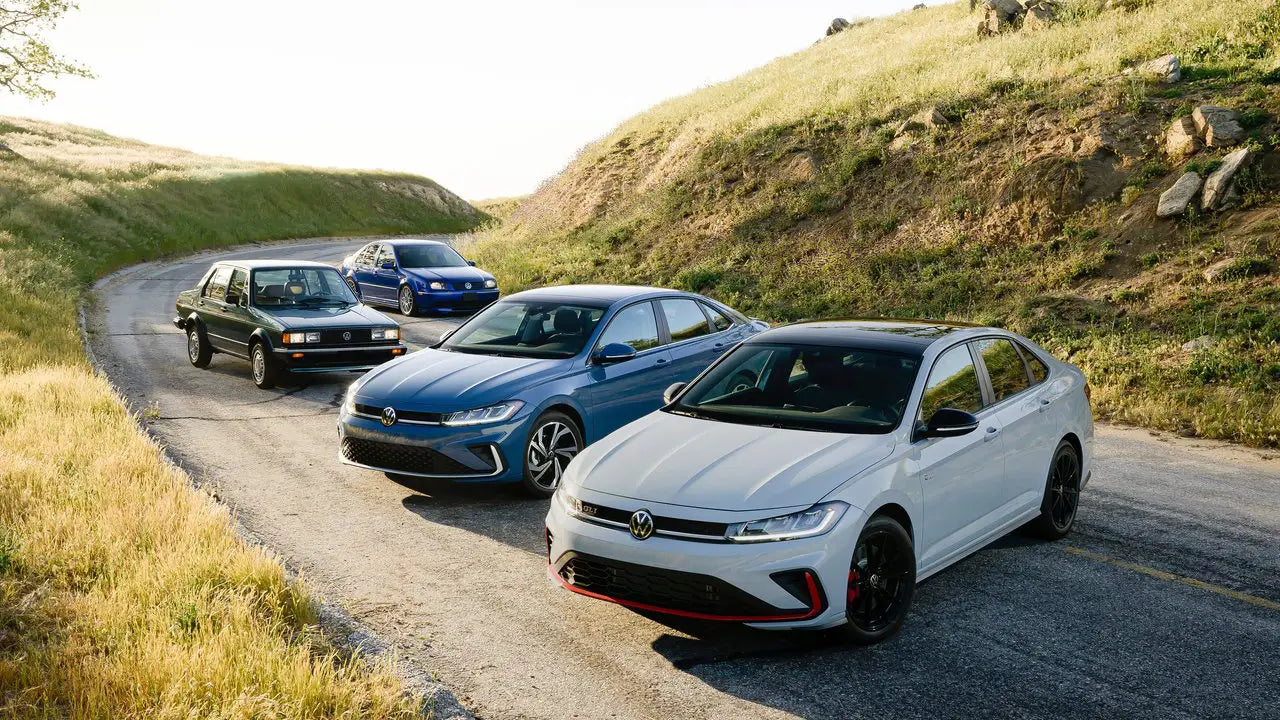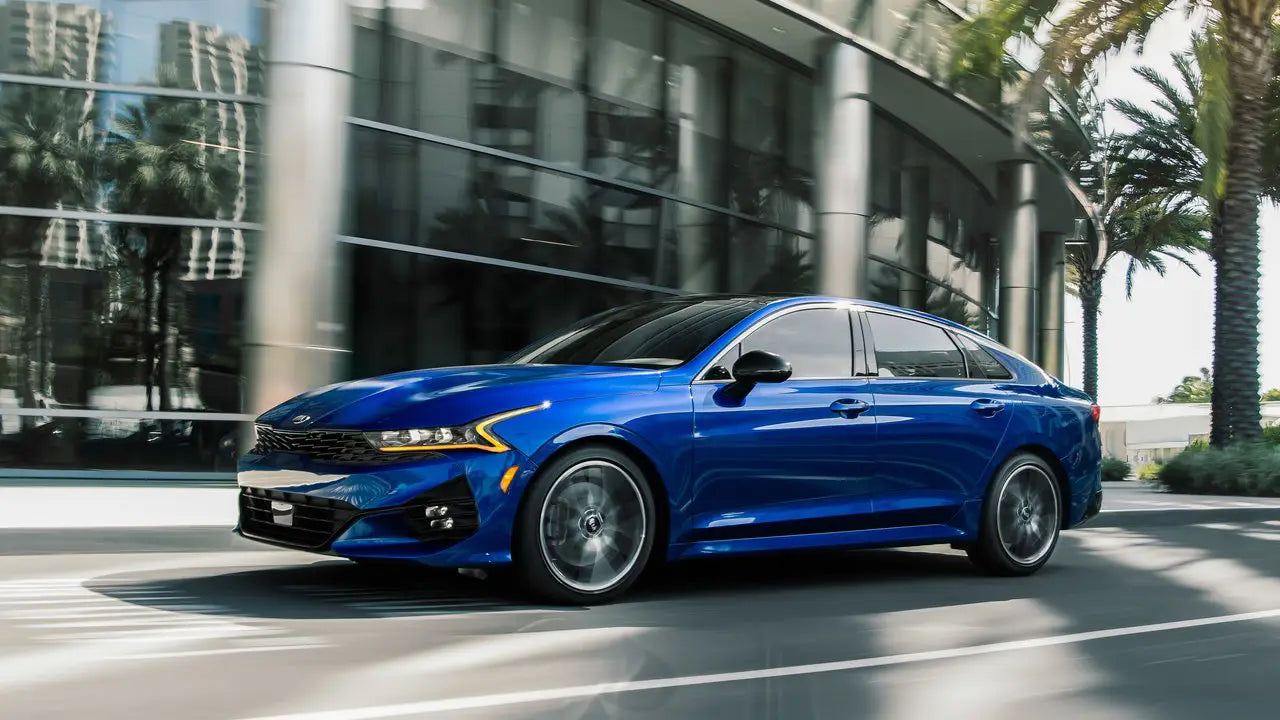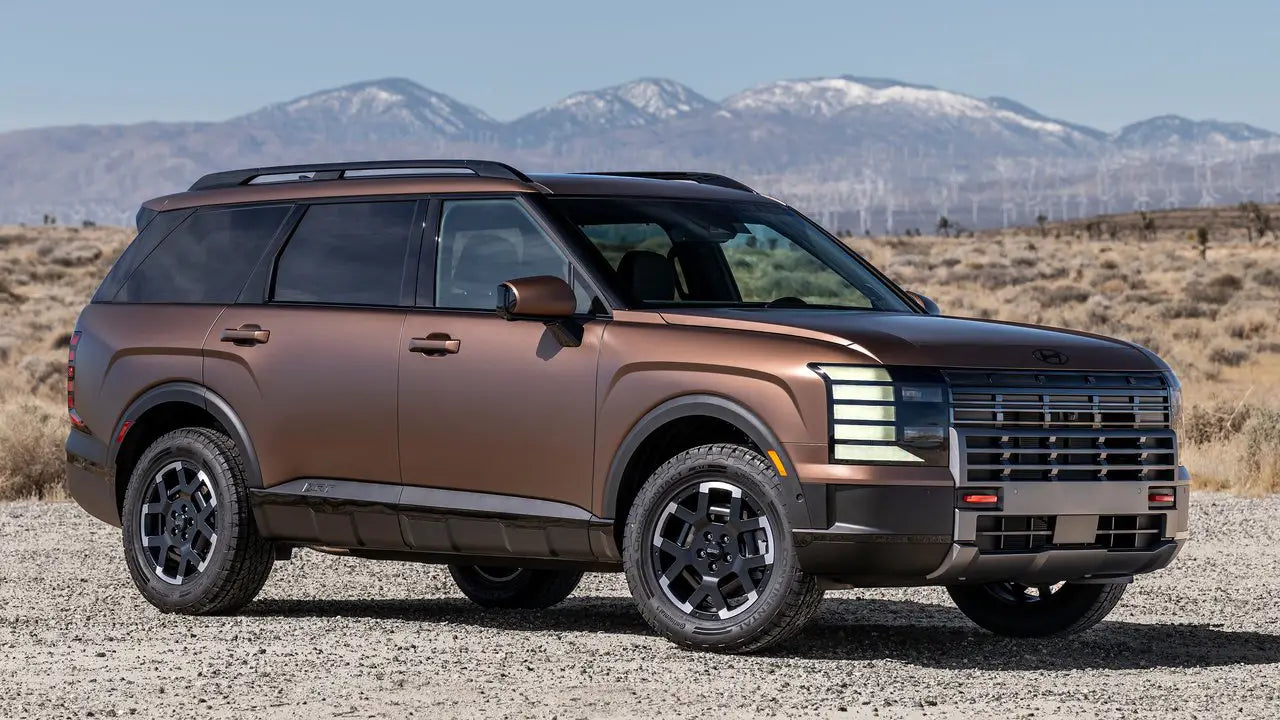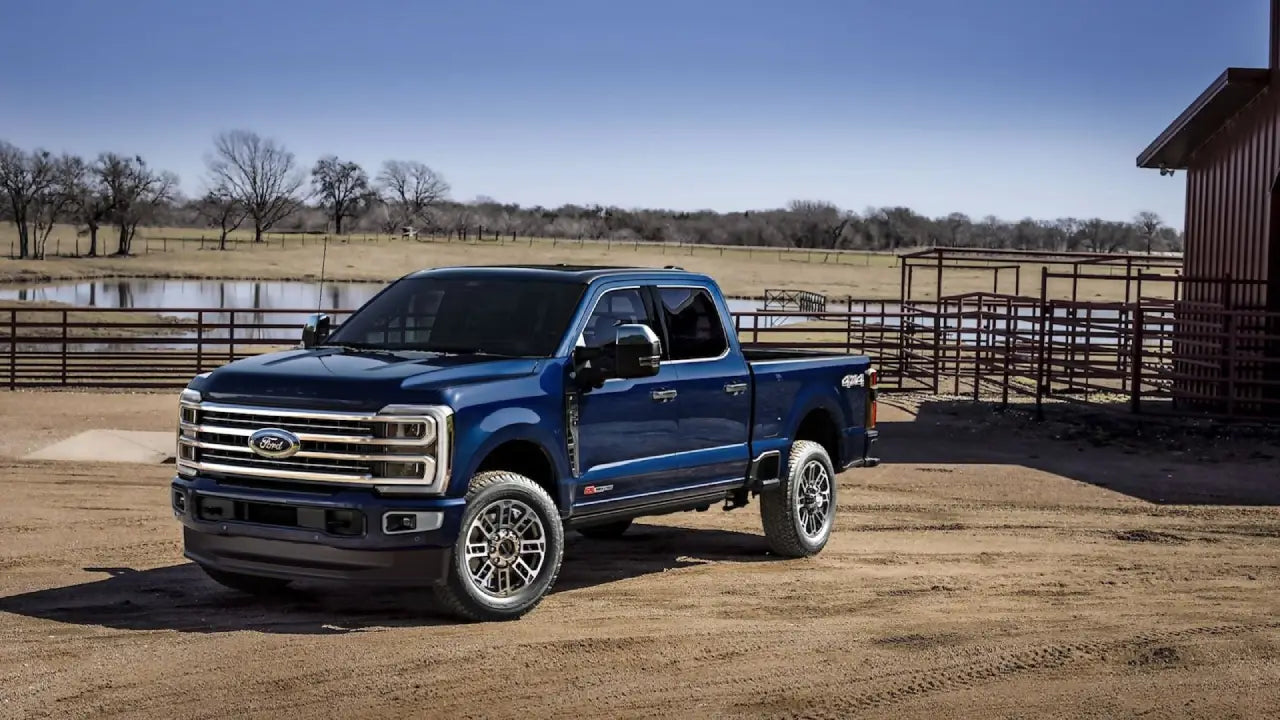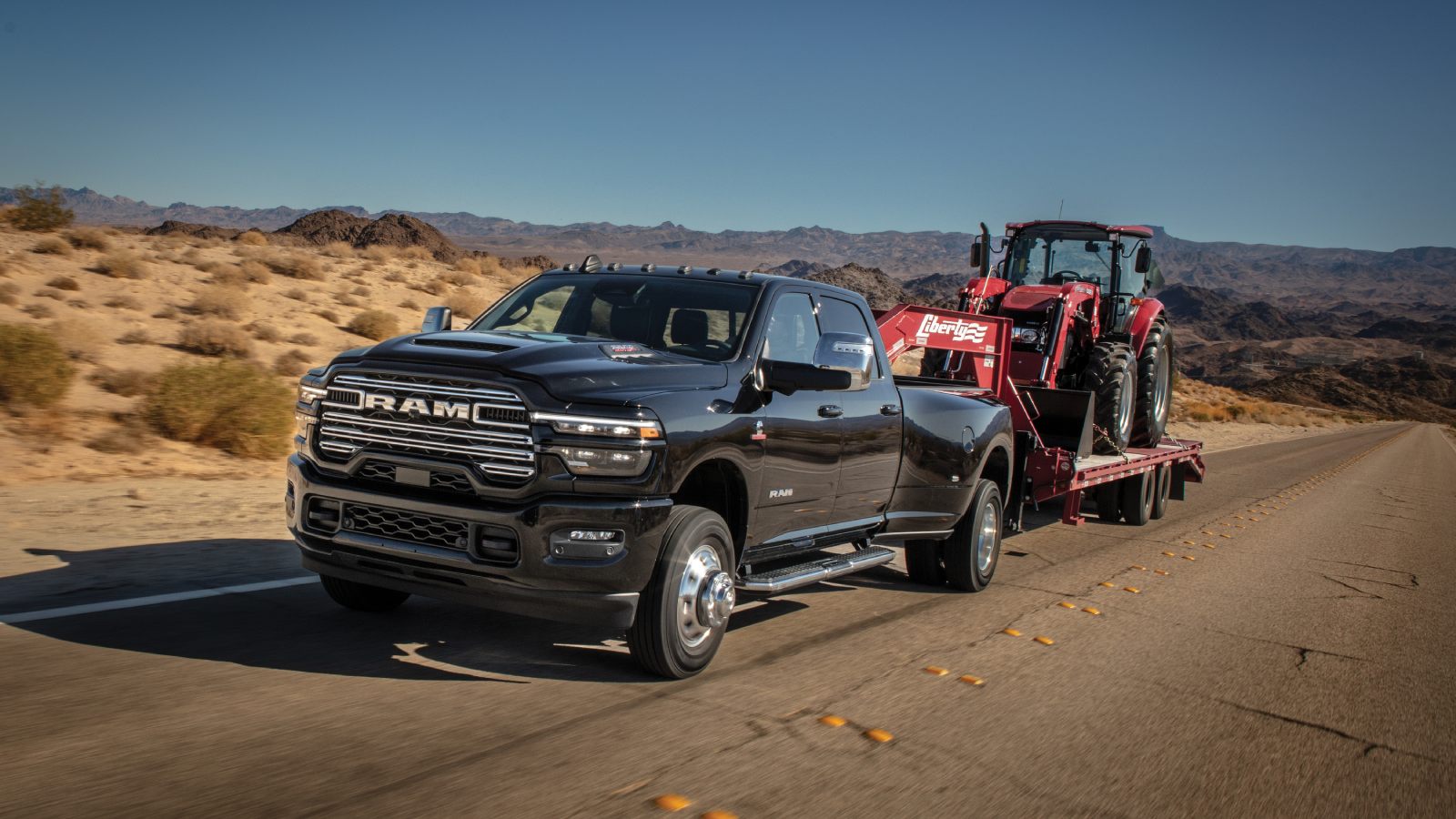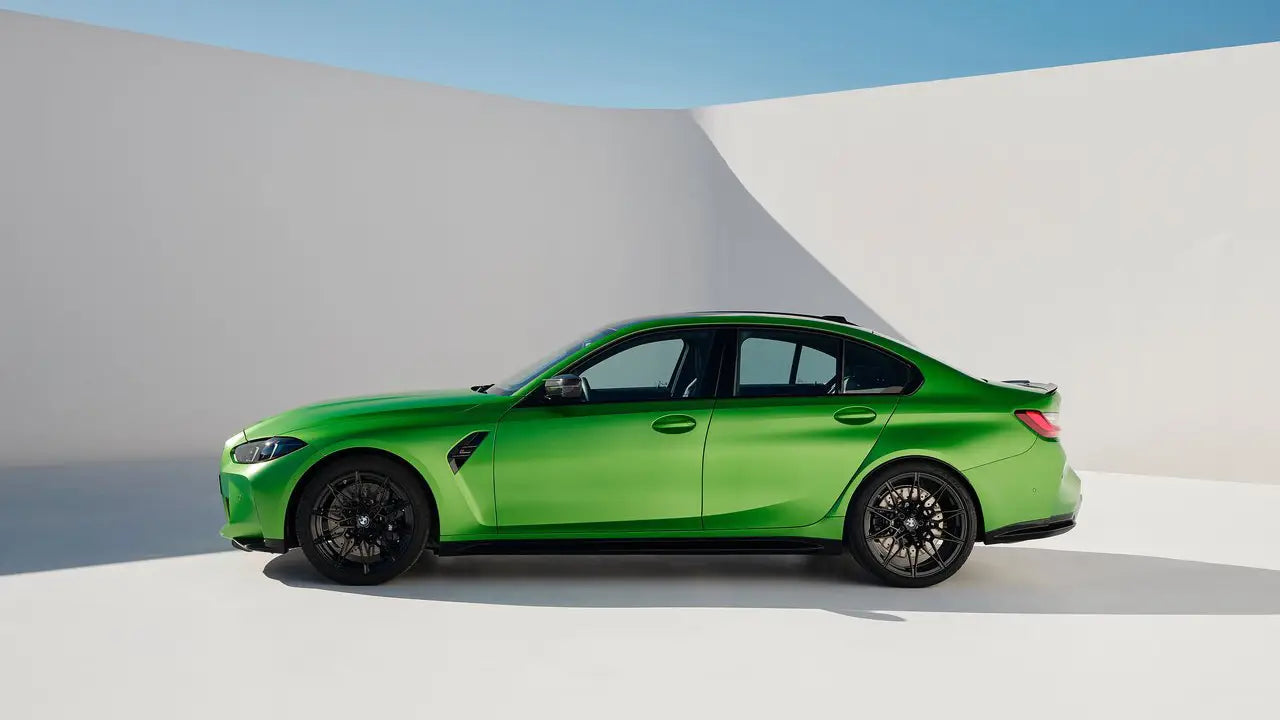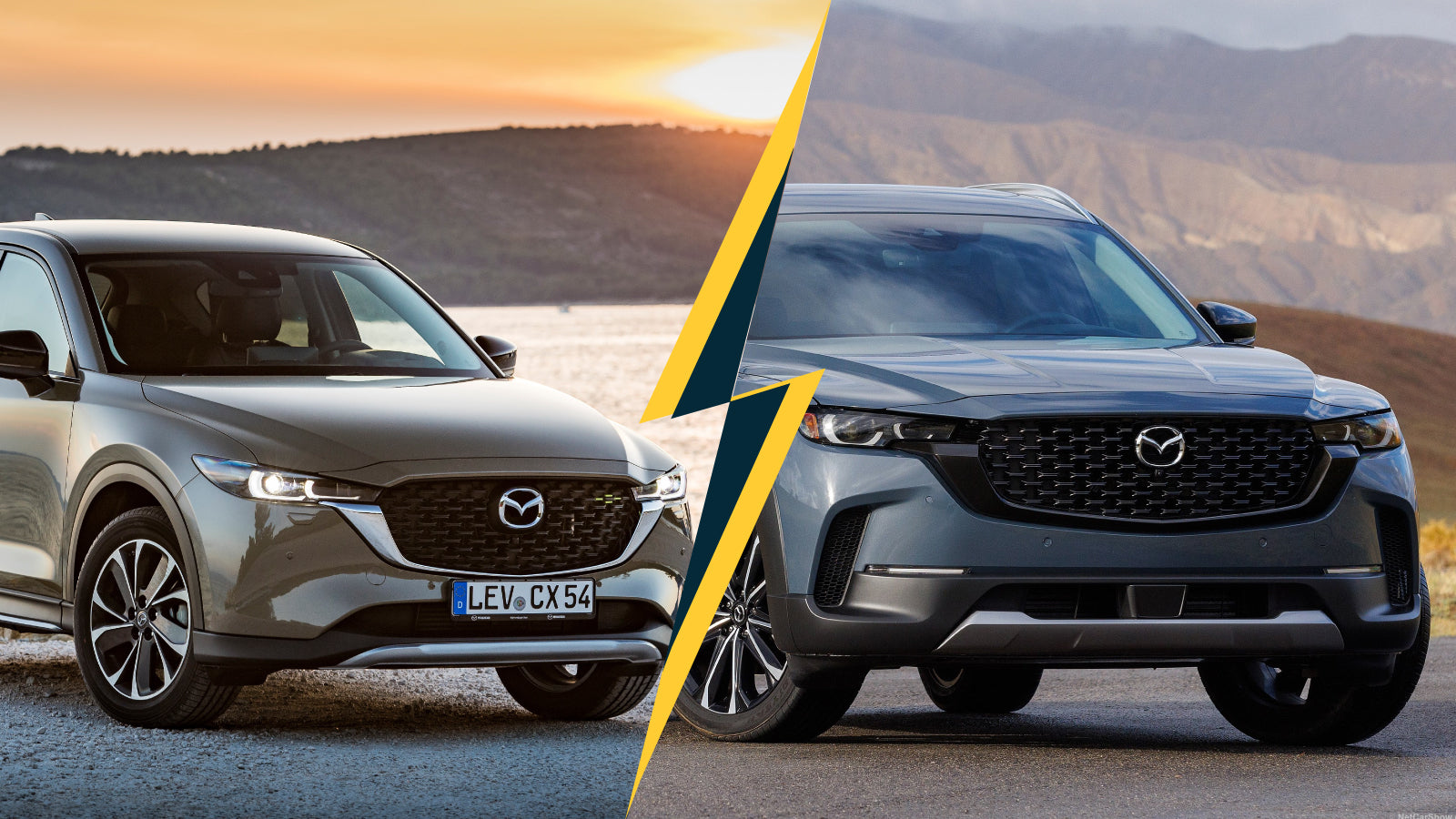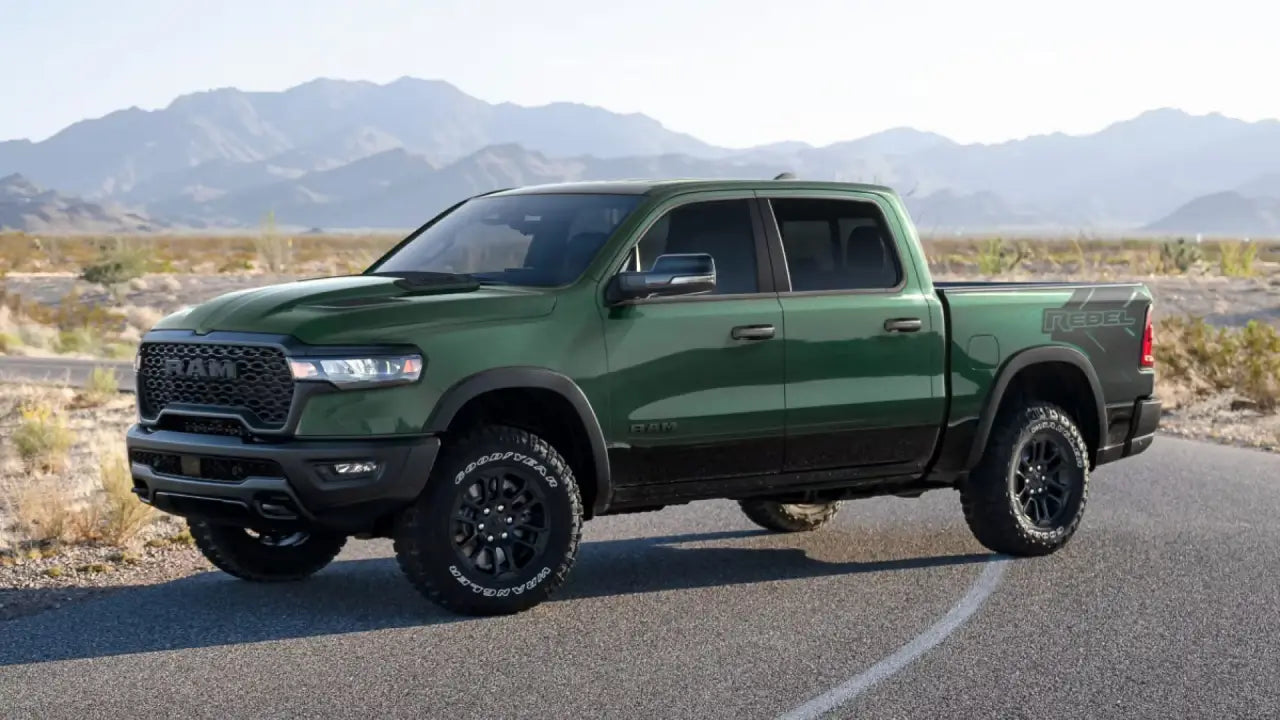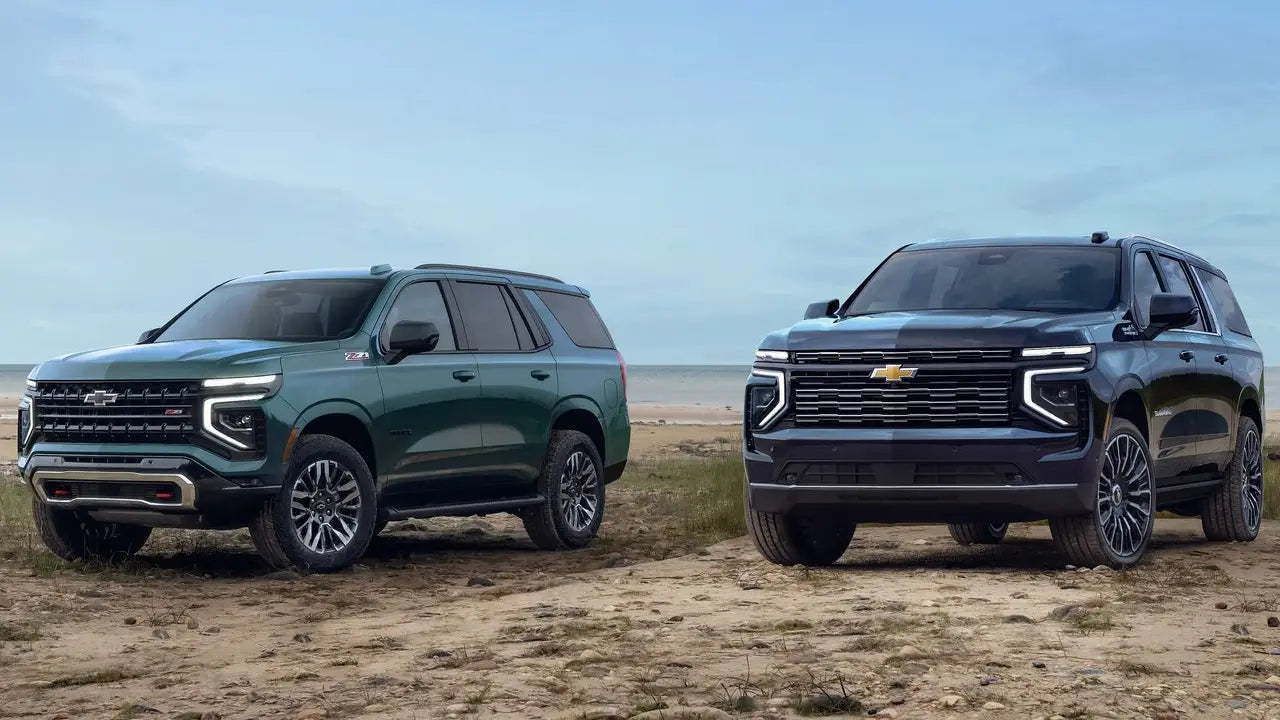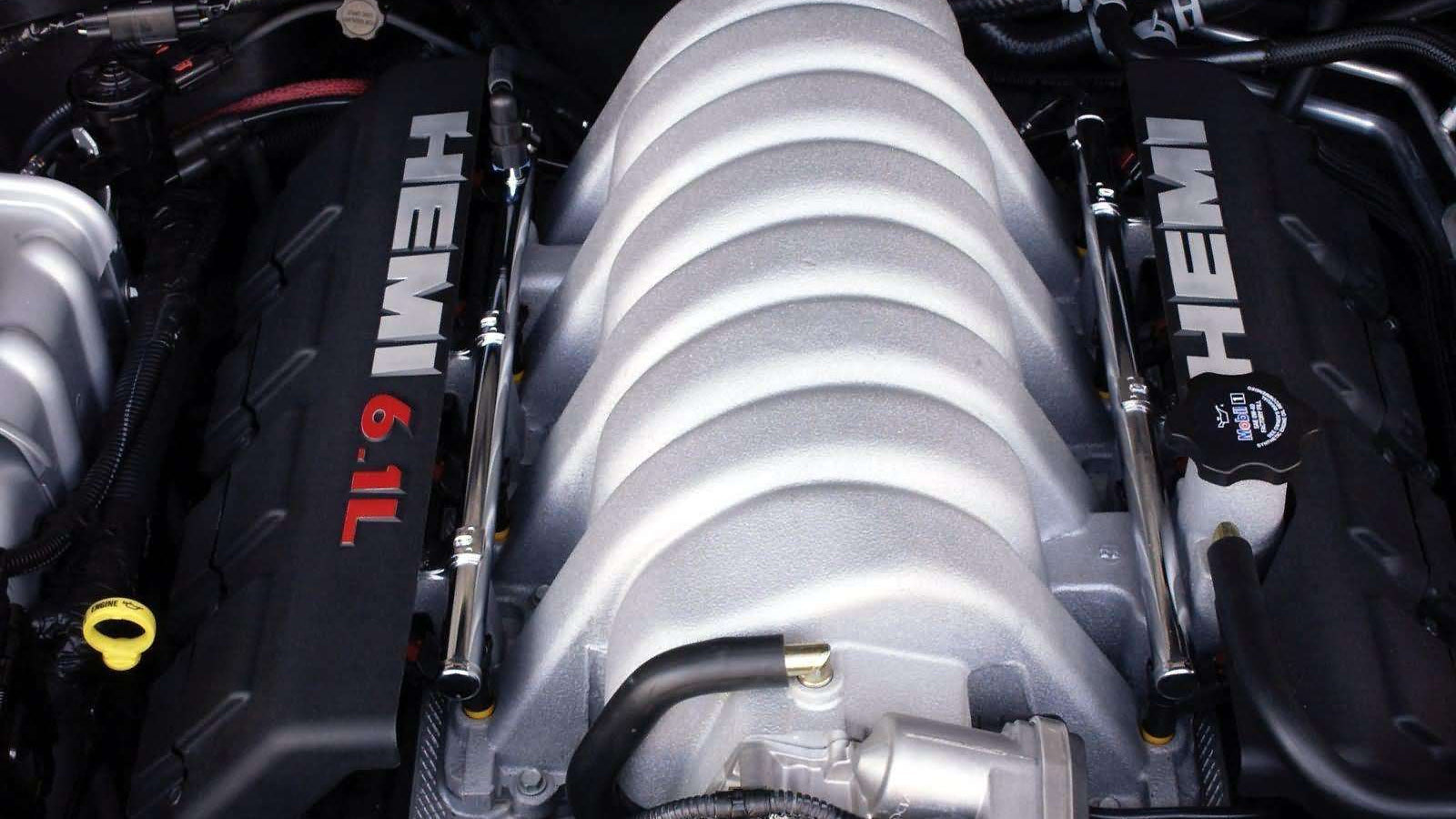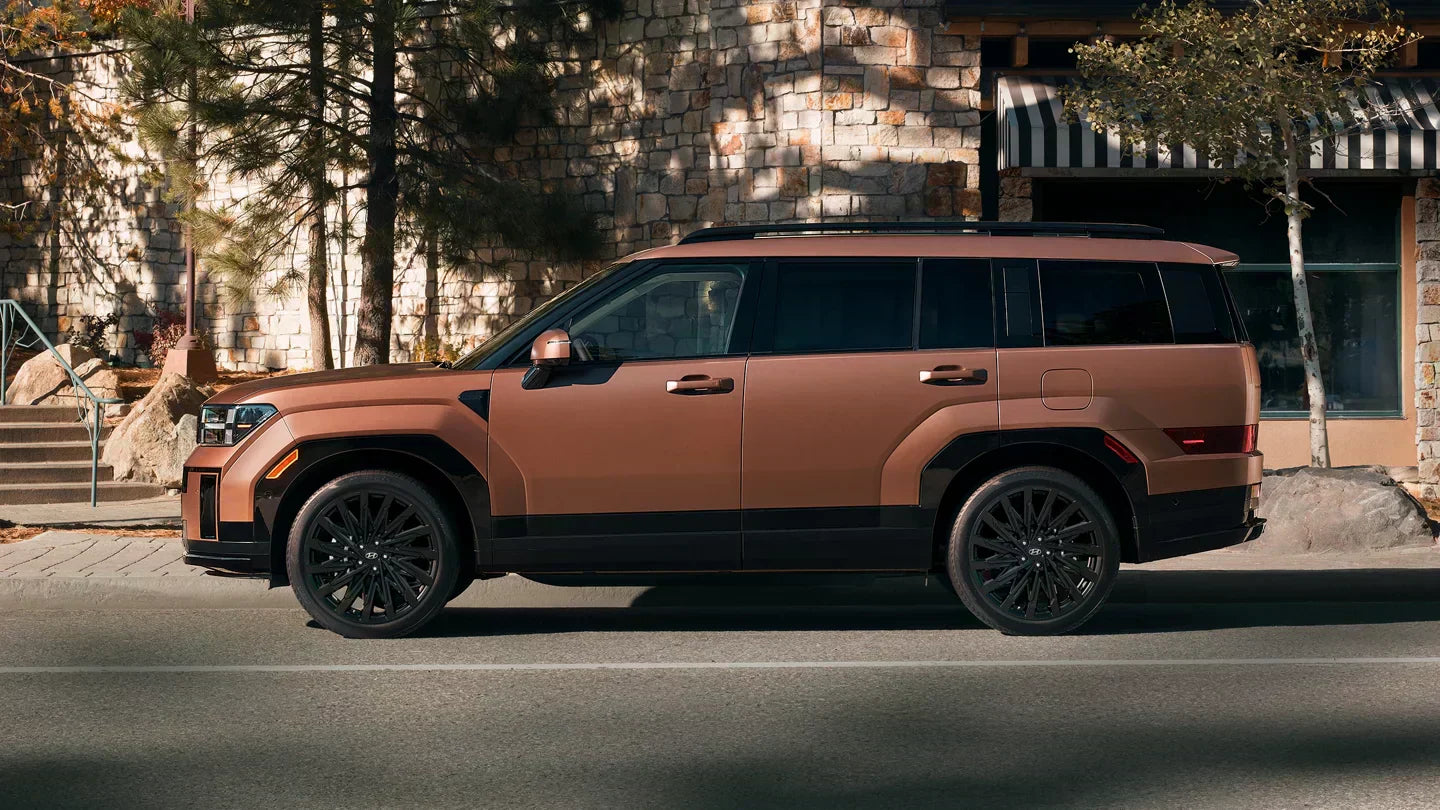The Volkswagen Jetta has built a loyal following since its debut in 1979, evolving from a compact commuter to a sharp, sporty sedan with turbocharged power and European finesse. But even as performance and tech have improved, there's one problem that’s persisted across generations: throttle lag. If you’ve ever stepped on the gas and felt that frustrating delay before your car actually moves, you know exactly what we’re talking about. Let’s look at which Volkswagen Jetta generations suffer from throttle lag and discover how Pedal Commander® kills it, unlocking the Jetta’s true driving potential.
What Causes Throttle Lag in the Volkswagen Jetta?
Throttle lag, often referred to as accelerator delay, occurs in modern vehicles due to the implementation of electronic throttle control (ETC) systems. While ETC improves efficiency and reduces emissions by allowing the vehicle’s computer to manage throttle input, it also introduces an unnatural delay between pressing the accelerator and the engine’s response. Volkswagen has employed ETC in the Jetta since the early 2000s. Although it contributes to fuel economy and emissions targets, it diminishes real-time driver engagement, particularly noticeable during rapid acceleration or overtaking.
Volkswagen Jetta Generations
The Volkswagen Jetta has evolved through seven generations, combining German engineering with daily practicality. While each version brought improvements in performance and technology, throttle lag caused by electronic throttle systems remains a common issue. Let’s look at all Volkswagen Jetta generations to understand why most of these need Pedal Commander®!
Volkswagen Jetta A1 (1979–1984)
The first-generation Volkswagen Jetta was introduced as a compact sedan on the Golf platform. It featured a lightweight body, basic suspension, and simple carbureted 1.5L and 1.6L engines available in both gasoline and diesel forms. At this stage, electronic throttle control had not yet been introduced. The Jetta A1’s throttle system was purely mechanical, relying on a direct cable linkage between the pedal and throttle body. Because this model lacks an electronic throttle system, it doesn’t need Pedal Commander®.

Volkswagen Jetta A2 (1985–1992)
The second-generation Volkswagen Jetta A2 retained its compact size while increasing in structural integrity, interior space, and safety features. It featured fuel-injected engines and continued to rely on mechanical throttle cables. Higher-performance variants like the GT and GLI were introduced. As with the Jetta A1, the A2 in its factory configuration doesn’t support Pedal Commander® due to the absence of electronic throttle control.

Volkswagen Jetta A3 (1993–1999)
The third-generation Volkswagen Jetta introduced a more aerodynamic design and improved ride quality. Powertrain options expanded to include the VR6 engine, late in the generation, some models began incorporating early versions of electronic throttle systems, particularly automatic transmissions. All Jetta A3s still used mechanical throttle linkages, making them incompatible with Pedal Commander®.

Volkswagen Jetta A4 (1999–2005)
The fourth-generation Volkswagen Jetta A4 represented a major technological leap forward for the model line. It featured a more upscale interior, a stiffer chassis, and the full-scale adoption of electronic throttle control. Engines such as the 1.8T turbocharged gasoline unit and TDI diesels became widely popular. While the power output was solid, drivers frequently noticed a sluggish throttle response due to the software-mediated ETC system. Because this generation fully transitioned to electronic throttle control technology, it is completely compatible with Pedal Commander®.

Volkswagen Jetta A5 (2005–2010)
The Volkswagen Jetta A5 became larger, more comfortable, and more technologically advanced. This generation included new engine options such as the 2.5L inline-five and the 2.0T turbocharged four-cylinder. It also introduced the DSG dual-clutch automatic transmission. While these advancements improved overall performance and drivability, the electronic throttle calibration remained conservative to favor smoother acceleration and emissions compliance. The Jetta A5 generation is fully compatible with Pedal Commander®, which is strongly recommended for drivers looking to improve overall performance.

Volkswagen Jetta A6 (2011–2018)
The sixth-generation Volkswagen Jetta was tailored specifically for the North American market, emphasizing affordability and simplicity. While some cost-cutting measures affected suspension and interior materials in base trims, the model retained capable turbocharged engines such as the 1.4T and 1.8T, along with a sportier GLI variant. The ETC system generally leads to annoying throttle lag, so if you have this model, you can get rid of sluggish pedal response with Pedal Commander®.

Volkswagen Jetta A7 (2019–Present)
The current seventh-generation Jetta builds upon Volkswagen’s modular MQB platform, incorporating a new 1.5L turbocharged engine, advanced driver assistance systems, and a digital cockpit. Even the performance-oriented GLI trim features adaptive suspension and a VAQ limited-slip differential. This generation is also equipped with a modern electronic throttle control system.

Before discussing why it needs to be upgraded with Pedal Commander®, let’s look at the latest model specs of this generation: the 2025 Volkswagen Jetta!
What are the 2025 Volkswagen Jetta Specs?

2025 Volkswagen Jetta Engine
Under the hood, the 2025 Volkswagen Jetta is powered by a 1.5-liter turbocharged inline-four TSI engine that delivers 158 horsepower at 5,500 rpm and 184 lb-ft of torque at 1,750 rpm. This engine is mated to an 8-speed automatic transmission, sending power to the front wheels. The manual transmission option has been discontinued for all trims except the GLI variant. The Jetta’s powertrain balances responsive acceleration with smooth shifting, and the Sport trim receives Volkswagen’s XDS® cross-differential system for sharper cornering and improved handling dynamics.
2025 Volkswagen Jetta Fuel Efficiency
Fuel economy remains one of the Jetta’s strongest points. According to EPA estimates, the 2025 model returns approximately 29 miles per gallon in the city and 40 miles per gallon on the highway, giving it a combined average of around 33 to 34 mpg. Real-world highway mileage has been reported to exceed 40 mpg in some cases, thanks in part to the engine’s efficient design and the aerodynamic shape of the vehicle. With a 13.2-gallon fuel tank, the Jetta can offer a driving range of over 500 miles on a full tank, making it an excellent choice for commuters and long-distance drivers alike.
2025 Volkswagen Jetta Interior
The Volkswagen 2025 Jetta has received a refreshed dashboard design with a more modern layout, including a floating 8-inch infotainment touchscreen as standard and an optional 10.25-inch Digital Cockpit Pro for higher trims. The overall interior materials feel more refined, with available cloth, leatherette, or genuine Vienna leather seating surfaces. Front seats offer heating and ventilation, while rear outboard seats are heated as well. The driver’s seat is power-adjustable and includes lumbar support with memory settings. Additional amenities include dual-zone automatic climate control with touch-sensitive controls, a leather-wrapped heated steering wheel, wireless App-Connect, wireless device charging, and multiple USB-C ports.

2025 Volkswagen Jetta Exterior
The 2025 Volkswagen Jetta receives a refined exterior update featuring a slimmer grille, new LED headlights, and a full-width rear LED light bar with bold “JETTA” lettering. Higher trims gain stylish 18-inch wheels and a sleek front LED light bar, while new paint options such as Monterey Blue Pearl and Monument Grey enhance its modern appeal. Subtle changes to the rear bumper and trunk lid improve cohesiveness, and aerodynamic upgrades like active grille shutters and underbody panels boost efficiency. Overall, the exterior design balances understated elegance and contemporary flair.
What are the 2025 Volkswagen Jetta Trims?

-
2025 VW Jetta S: The base trim with a turbo 1.5L/158 hp engine, 16″ wheels, LED headlights, cloth seats, dual-zone climate control, an 8″ infotainment display, digital gauge cluster, and the full suite of IQ. DRIVE safety features, including adaptive cruise control and lane-keeping. The 2025 VW Jetta S price starts at $22,495.
-
2025 VW Jetta Sport: This model adds to the S with 17-inch alloy wheels, sporty exterior accents (black trim and grille integrated light bar), an XDS differential, heated sport seats, and stainless-steel pedal caps. The 2025 VW Jetta Sport price starts at $23,775.
-
2025 VW Jetta SE: This model includes Sport features plus synthetic “CloudTex” upholstery, a power-adjustable driver seat, wireless Apple CarPlay/Android Auto, wireless charging, push-button start, remote engine start, and a six-speaker sound system. The 2025 VW Jetta SE price starts at $25,275.
-
2025 VW Jetta SEL: The top non-GLI trim adds 18-inch wheels, a panoramic sunroof, leather seats, ventilated front and heated rear seats, a heated steering wheel, ambient lighting, a larger 10.25-inch cockpit Pro, navigation, and a premium Beats Audio system. The 2025 VW Jetta SEL price starts at $29,000.
-
2025 VW Jetta GLI: Sitting apart as the high-performance variant, the GLI comes fully loaded with a 228-hp turbo engine, sport suspension with adaptive dampers, VAQ limited-slip differential, leather sport seats, red trim accents, and both 6-speed manual and 7-speed DSG options. The 2025 VW Jetta GLI price starts at $32,715.

What Pedal Commander® Adds to Every Jetta, New or Old?
No matter the generation—whether you're driving a brand-new 2025 Jetta SEL or a well-worn A4 (fourth generation) from the early 2000s—the ultimate throttle response controller, Pedal Commander®, instantly removes throttle lag from your vehicle’s accelerator pedal and delivers sharper, more responsive acceleration. Unlike factory programming, which often prioritizes fuel economy and smoothness at the expense of driver engagement, Pedal Commander® gives you full control over how your Jetta responds to your right foot.

With four driving modes (Eco, City, Sport, and Sport+), each offering multiple sensitivity levels, Pedal Commander® allows you to customize the throttle feel to match your style, mood, or environment. Want quicker takeoffs in traffic? Switch to Sport+. Need a relaxed, fuel-friendly commute? Dial it down with Eco mode. Pedal Commander® works seamlessly with both naturally aspirated and turbocharged engines, old-school manuals, or modern automatics, enhancing performance without affecting your warranty or fuel maps.
Moreover, Pedal Commander®’s Anti-Theft feature adds extra security to your car. When activated, this feature locks out the gas pedal so even if someone can break into your car, they can’t drive off. Enjoy this feature for the first 14 days FOR FREE, then easily subscribe through the Pedal Commander®® mobile app and choose from two subscription plans: $0.99 per month or $9.99 per year—cheaper than a gas station snack!
Whether you're unlocking hidden potential in a new model or breathing new life into an older one, Pedal Commander® is the instant upgrade your Jetta didn’t know it needed.

